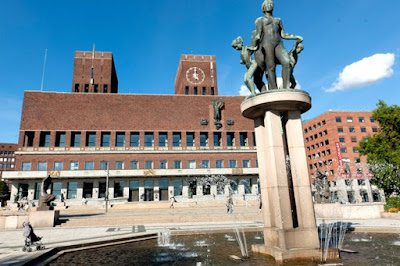These include changes for migrants coming to the UK under the following routes of the points-based system: Tier 1 - high-value migrants; Tier 2 - skilled workers, including: new arrangements for students switching into Tier 2 and confirmation that the limit for non-EU skilled workers allowed into the UK will remain at 20,700 for the next 2 years; Tier 4 – students; and Tier 5 - temporary workers.
Also from today, the government has increased the funds that applicants will need to provide evidence of, in order to meet the maintenance requirements for Tier 4 and Tier 5 (Youth Mobility Scheme).
Changes to the level of funds needed for applicants in Tier 1, Tier 2 and Tier 5 (Temporary worker) will come into effect on 14th June 2012.
The other changes coming into effect today include curtailment - cutting short the leave you have if you fail to start, or have ceased your work or study; and creation of a new visitor route for permitted paid engagements to allow a small group of professionals, artists, entertainers and sportspersons who are to come to the UK to undertake short-term remunerated activities, for up to one month without formal sponsorship.
Rules governing the overseas domestic workers have also been changed.
Also from today, the government has increased the funds that applicants will need to provide evidence of, in order to meet the maintenance requirements for Tier 4 and Tier 5 (Youth Mobility Scheme).
Changes to the level of funds needed for applicants in Tier 1, Tier 2 and Tier 5 (Temporary worker) will come into effect on 14th June 2012.
The other changes coming into effect today include curtailment - cutting short the leave you have if you fail to start, or have ceased your work or study; and creation of a new visitor route for permitted paid engagements to allow a small group of professionals, artists, entertainers and sportspersons who are to come to the UK to undertake short-term remunerated activities, for up to one month without formal sponsorship.
Rules governing the overseas domestic workers have also been changed.
The government has also extended leave to remain for Tier 2 migrants, allowing them to extend for a further three years, to take their stay up to a maximum of six years in total.












